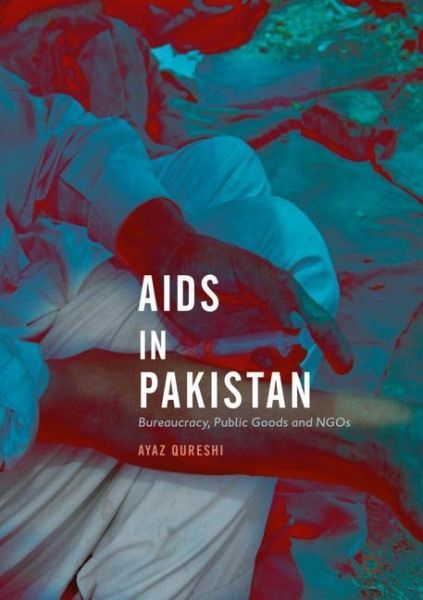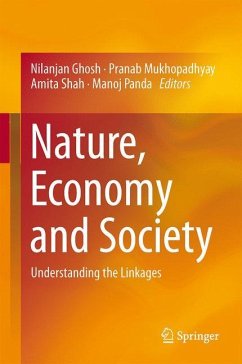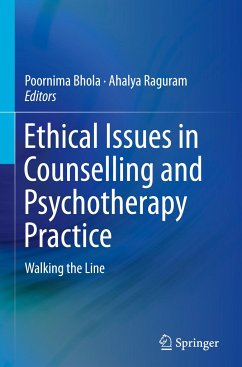
AIDS in Pakistan
Bureaucracy, Public Goods and NGOs
Versandkostenfrei!
Versandfertig in 6-10 Tagen
76,99 €
inkl. MwSt.
Weitere Ausgaben:

PAYBACK Punkte
38 °P sammeln!
This book is the first full-length study of HIV/AIDS work in relation to government and NGOs. In the early 2000s, Pakistan's response to HIV/AIDS was scaled-up and declared an area of urgent intervention. This response was funded by international donors requiring prevention, care and support services to be contracted out to NGOs - a global policy considered particularly important in Pakistan where the high risk populations are criminalized by the state. Based on unparalleled ethnographic access to government bureaucracies and their dealings with NGOs, Qureshi examines how global policies were ...
This book is the first full-length study of HIV/AIDS work in relation to government and NGOs. In the early 2000s, Pakistan's response to HIV/AIDS was scaled-up and declared an area of urgent intervention. This response was funded by international donors requiring prevention, care and support services to be contracted out to NGOs - a global policy considered particularly important in Pakistan where the high risk populations are criminalized by the state.
Based on unparalleled ethnographic access to government bureaucracies and their dealings with NGOs, Qureshi examines how global policies were translated by local actors and how they responded to the evolving HIV/AIDS crisis.
The book encourages readers to reconsider the orthodoxy of policies regarding public-private partnership by critiquing the resulting changes in the bureaucracy, civil society and public goods. It is a must-read for students, scholars and practitioners concernedwith neoliberal agendas in global health and development.
Based on unparalleled ethnographic access to government bureaucracies and their dealings with NGOs, Qureshi examines how global policies were translated by local actors and how they responded to the evolving HIV/AIDS crisis.
The book encourages readers to reconsider the orthodoxy of policies regarding public-private partnership by critiquing the resulting changes in the bureaucracy, civil society and public goods. It is a must-read for students, scholars and practitioners concernedwith neoliberal agendas in global health and development.












